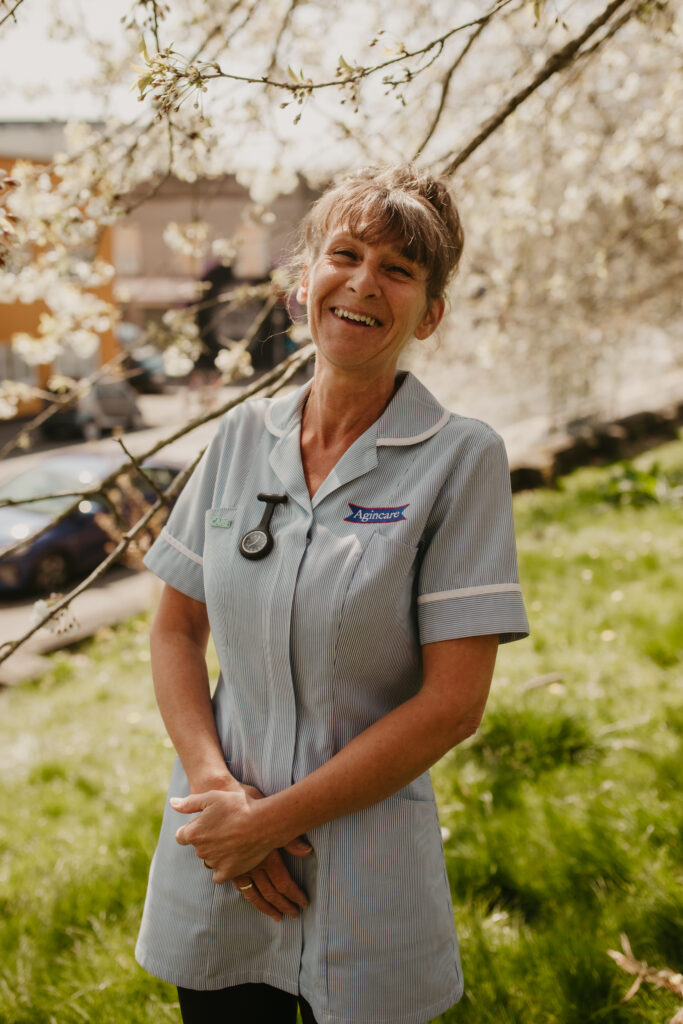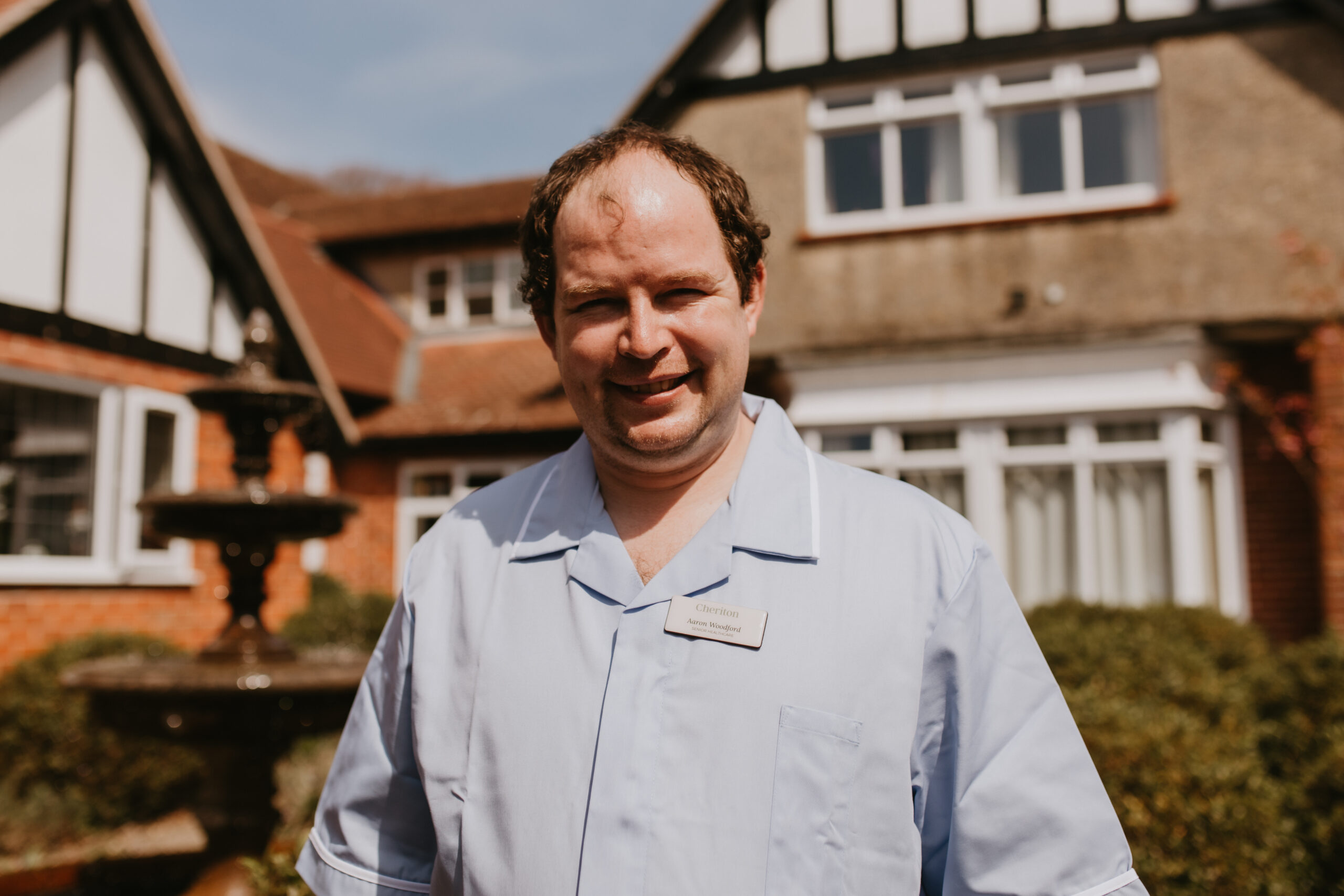Senior care assistant jobs near me
If you have previous experience providing care, you can apply for one of our senior care assistant jobs.
We are looking for senior care assistants across the whole of England and have vacancies in each of the following areas:

Senior care assistant benefits

What qualities does a senior care assistant need?
- A caring nature and desire to make a difference in someone’s life
- Previous experience in a social care setting
- Excellent communication and customer skills
- NVQ3 or above or another professional qualification in care
- The right to work in the UK
- A good level of English – both written and spoken
- Approachable and supportive nature
What are the duties and responsibilities of a senior carer?
- Leading and working alongside the health care team
- Providing practical support and care to residents, including personal, emotional & social care as outlined in individual care plans
- Contribute to plans of care that promote an environment conducive to a high standard of care, based on the needs and wishes of residents
- Safe and accurate medication administration
- Supporting, mentoring & developing the health care team
Agincare is a family-owned business that has provided reliable and professional care since 1986. We pride ourselves in putting the person first and fully understanding the needs of each individual, ensuring a good fit between care assistant and customer at all times.


What care means to us
Frequently asked questions
Senior care assistants need to have some experience in social care and an NVQ level 3 or equivalent qualification.
We offer above average rates of pay and a range of benefits. See individual job vacancies for details.
Working as a senior care assistant offers flexible work that fits around your lifestyle. There are full time and part-time roles available, and those can also be tailored to the days and times that you are available for work.
You will need a valid UK driving licence and access to a car for home care roles so that you can make your daily visits, but this is not required for care home roles.
Once you have experience as a care assistant and a professional care qualification (NVQ3 or above), you can progress your career in care to become a senior care assistant. For this job type, as well as providing care to clients in line with their care plans, you will safely administer accurate medication alongside leading and supporting healthcare assistants team.
As well as having a caring and supportive nature and a passion to make a difference to people’s quality of life, for this job type you will need previous experience in the social care sector and relevant qualifications. Senior health care assistants also need a good standard of English (written and verbal) along with excellent people skills.
To progress your career in the care sector and apply for senior care assistant jobs you will need experience as a healthcare assistant and professional care qualifications (NVQ level 3 or above).
For most people getting the relevant care sector experience and professional qualifications to be considered for senior care assistant jobs will take 1-2 years.
Whilst a driving license is required for most senior care assistant jobs providing home care, it isn’t needed for this job type in care homes.
The job types of ‘senior care assistant’ and ‘senior healthcare assistant’ are often used interchangeably. However, health care assistant is more often associated with care workers employed in hospitals, GP surgeries and NHS Trusts, whereas care assistant is more commonly applied to care homes and home care.
No, you don’t need a degree, but you will need professional care sector qualifications alongside experience of providing care to clients based on their personalised care plans.
Ongoing professional training will be provided for this job type to develop your professional qualifications. This may include patient care specialisms such as dementia or end of life care.











